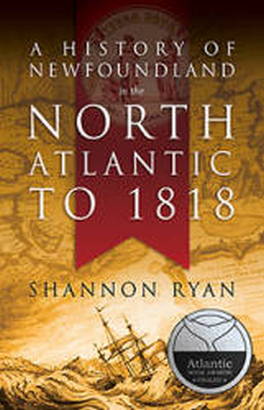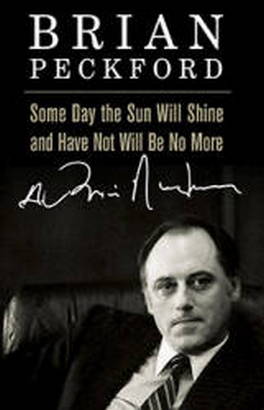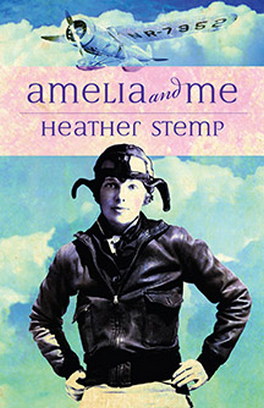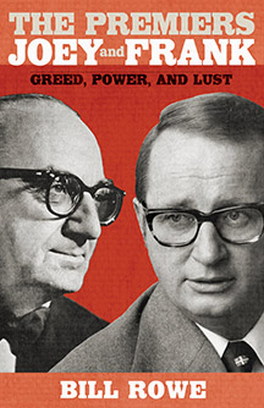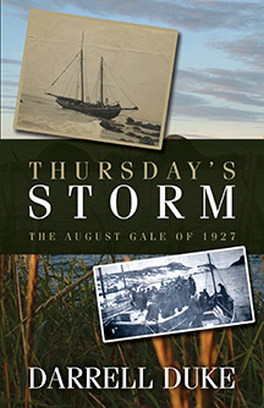Having just escaped the King’s justice, notorious pirate Peter Easton arrives in St. John’s harbour with ten well-armed ships. Knowing he is too powerful to be refused, Easton confidently invites the King’s loyal fishing admiral, Richard Whitbourne, and his second-in-command, Captain Dawson, aboard his flagship The Happy Adventure. Insisting Whitbourne and Dawson are guests and not prisoners, Easton takes them by surprise, pulling anchor and setting sail with half his flotilla for the Caribbean. Easton takes place in Newfoundland, the Caribbean, and England. The story reflects a time when Newfoundland was crucial to trade and power, and when there was a very thin line between loyalty and piracy—a line that could be crossed in either direction in the blink of an eye.
George feels the ship’s movements beneath him. It is still racing, bobbing at the bow like a sea bird scooping up fish with its beak. They must be south of the Grand Banks already and at this rate it will take a mere matter of days to reach the tropics. And what then? What does the pirate plan for them? The cabin’s only window, a small disk high on the wall, begins to show a paler light. George knows the sun must be rising. The silken hands pull him down toward sleep once more, and this time he does not resist.
Just before he crosses the threshold into the dreamworld, he becomes aware of a faint, rhythmic noise, almost in tune with the waves, it seems. He recognizes the sound as a woman weeping somewhere down below. He holds onto that pulsing thread for just a moment, then feels it loosen and fall.
He is sinking into blackness. In his tunic belt he now has his pistol as well as his sword. He is relieved and wonders how he can make use of either, hurtling as he is through space. Then suddenly he is in a little group of three—he, Easton and Admiral Whitbourne—and they are sitting on the deck of the Happy Adventure. The same darkness is all around them, now dotted with stars. The great sails above them creak and groan. The warm wind rushes through his hair. A sweet oozing feeling overcomes him. He sees Easton’s slave. But her features are altered. Now her nose, mouth and eyes are like those of Rosalind. Rosalind, whose skin is usually as pale as bleached bone and whose hair is lighter than a daffodil’s petal, is turned suddenly the colour of ebony. The knowledge descends on him from nowhere that this is not Rosalind taking on the appearance of the slave, but the slave herself taking on Rosalind’s features.
The curious oozing sensation intensifies and the slave looks at him. She bows to fill a goblet that is cupped in George’s hands. The wine gurgles like a rushing brook as it bubbles and fills the cup. Vibrations from the pouring tickle George’s fingertips. The slave looks up at him and laughs in the same rhythm as the trickling wine and George finds himself laughing too, his ribs aching pleasantly. Suddenly, Easton is leaning into him, holding his forearm. His features have altered too, merging with those of Admiral Whitbourne, who is no longer there.
“You know what you have to do, boy.” He says sternly. “You must shoot her now. You have no choice.”
Suddenly the deck is deserted except for George and the slave. The sails are gone. There are no cabins, no rails, no features, no alcoves of any kind on the long, wide surface of boarded deck which tips and sways on a dark, wave-ridged ocean. George can smell the salt and feel the coolness of the spray against his cheeks. He grabs the handle of his pistol and pulls it from his belt. The slave stands expressionless two or three yards away as he levels the barrel at her. She smiles slightly. He knows this means he must act and so he squeezes the trigger hard. The sound of the bullet release comes, more a snap than an explosion. George hears the bullet roll slowly along the barrel. It emerges and drops to the deck then rolls along to the slave who stoops to pick it up. She looks up to him, still crouching with the bullet in her hand. She cocks her head quizzically at him as though to ask what it is.
Then George is in England, under the old beech tree in Rosalind’s garden. Sun flickers through the moving boughs and young yellow-green leaves. The breeze shimmers and the constant, shrill clatter of birdsong is joined by the lower sweet cooing of a dove. Rosalind is there, pale-skinned and luminous. She holds a handkerchief to her nose. She weeps bitterly, a sound which merges with the dove’s insistent cooing. Every few moments she lets out a deep, anguished moan and then sobs into her handkerchief. Whitbourne stands above her and George realizes without needing to be told that it is he himself who is the cause of her grief. He knows that Whitbourne is there to plead on his behalf. No words are spoken, but the depth of his disgrace is communicated to him all the same. It is a mark so black that it can scarce be spoken aloud, a sin of ancient and biblical profundity which ensures Rosalind must be forever out of reach.
George gazes at her pale face and those delicate features which have haunted him since leaving England’s shores. He looks at the scattering of freckles on the side of her cheek, the hopeful sky blue of her eyes. He takes in her scent and sees the earth from which Rosalind sprung, the rolling green hills and pastures of his native Devonshire, the dark puffs of trees and forests—a place of incomparable lushness and beauty.
Then he opens his eyes and suddenly everything is all right again. His disgrace was a nightmare. Rosalind is not lost. These happy thoughts edge out the fearful shadows of his dream. He sees the sunlight playing upon the ripples of the fine linen and tries to remember where he is. No disgrace, he tells himself again.
Yet all is not quite well. His waking has not brought the relief that for an instant it seemed to promise.
George looks at the disk of sunlight shining down from the porthole and gradually takes in the finery surrounding him—the wooden moldings of the bedposts, the panels, the embroidered hangings. The cabin sways and he remembers everything at last. His gaze is drawn to the door under which a piece of parchment with a scrawled message has been passed.
The story is fast-paced, action-packed, and replete with horrific details, frequent tests of will, a somewhat improbable love match, and a satisfying denouement.-- Canadian Book Review Annual --
It is exceptionally well-written, with the author's prose—and especially the dialogue—flowing in an easy, natural manner.-- The Telegram --
Taking the reader from England to Newfoundland to the Caribbean, this tale of politics, power and piracy provides an adventurous perspective on a fascinating time in our history.-- Current magazine --
The story is fast-paced and captivating.-- Downhome --
Nicely detailed and imagined.-- The Telegram --
Striking phrasings.-- The Independent --
Butler’s writing is vivid, fluent, and filled with wonderful period detail, bringing these historical names and legends to life in a series of revealing snapshots.-- Compulsive Overreader Blog --














